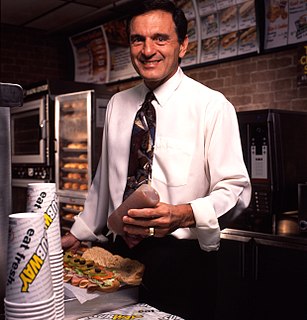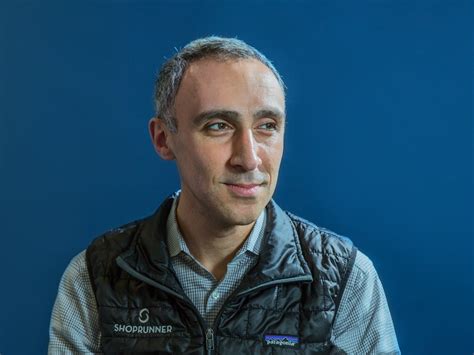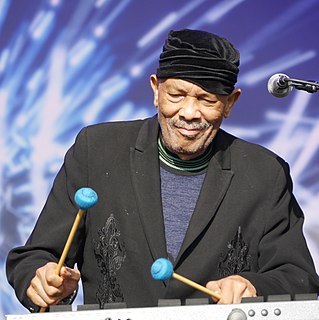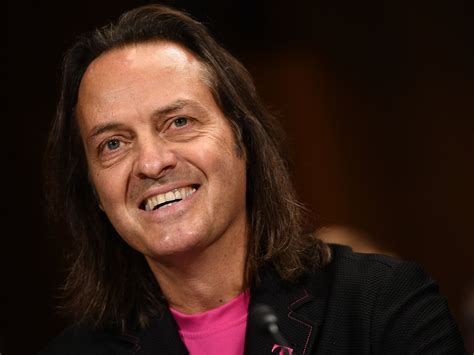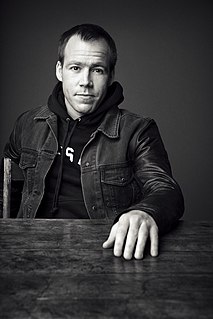A Quote by Fred DeLuca
When we first started the company, I didn't have any thoughts of franchising. We just had company-owned stores.
Related Quotes
In Harlem, for instance, all of the stores are owned by white people, all of the buildings are owned by white people. The black people are just there - paying rent, buying the groceries; but they don't own the stores, clothing stores, food stores, any kind of stores; don't even own the homes that they live in. They are all owned by outsiders, and for these run-down apartment dwellings, the black man in Harlem pays more money than the man down in the rich Park Avenue section.
Despite the fact that Starbucks has grown to be a large company. We've always played music in our stores and has always acted as an opportunity to create a mood in our stores. And customers started asking, "What song are you playing and can I buy that?" . And we said "No." And that was kind of the catalyst for beginning to look at music. We started out with our own compilations and after the success of that. We had the courage to say, "Let's produce our own record." and the first record was with Ray Charles before he unfortunately passed away.
At Travelers, we were much more opportunistic. It was very successful, but it wasn't an integrated financial services company. We had a property casualty company, a life company, a brokerage company. We were a financial conglomerate. It wasn't a unified, coordinated strategy of any sort. When it merged with Citi, that became a big issue; Citi, at that time, wasn't yet a fully integrated, coordinated company.
Whenever I talk to people who founded a company, I often like to ask the prehistory questions 'When did you meet? How long have you been working before you started the company?' A bad answer is, 'We met at a networking event a week ago, and we started a company because we both want to be entrepreneurs.'
The company [Microsoft] really has to chart a direction in mobile devices. Because if you're going to be mobile-first, cloud-first you really do need to have a sense of what you're doing in mobile devices. I had put the company on a path. The board as I was leaving took the company on a path by buying Nokia, they kind of went ahead with that after I told them I was going to go. The company, between me and the board, had taken that sort of view. Satya, he's certainly changed that. He needs to have a clear path forward. But I'm sure he'll get there.
Strangely, from a life-change standpoint, I sold the company I was running and got divorced in the same month. And so there I was, at home, and I'm not the CEO. I took a few months thinking about what I wanted to do. When the first call came in about running a company owned by Deutsche Telekom, I thought it was laughable and really not something I'd do. I took the meeting mainly because the headhunter I knew. At first I thought I was just helping her fill out the roster, but then I dug into it.
